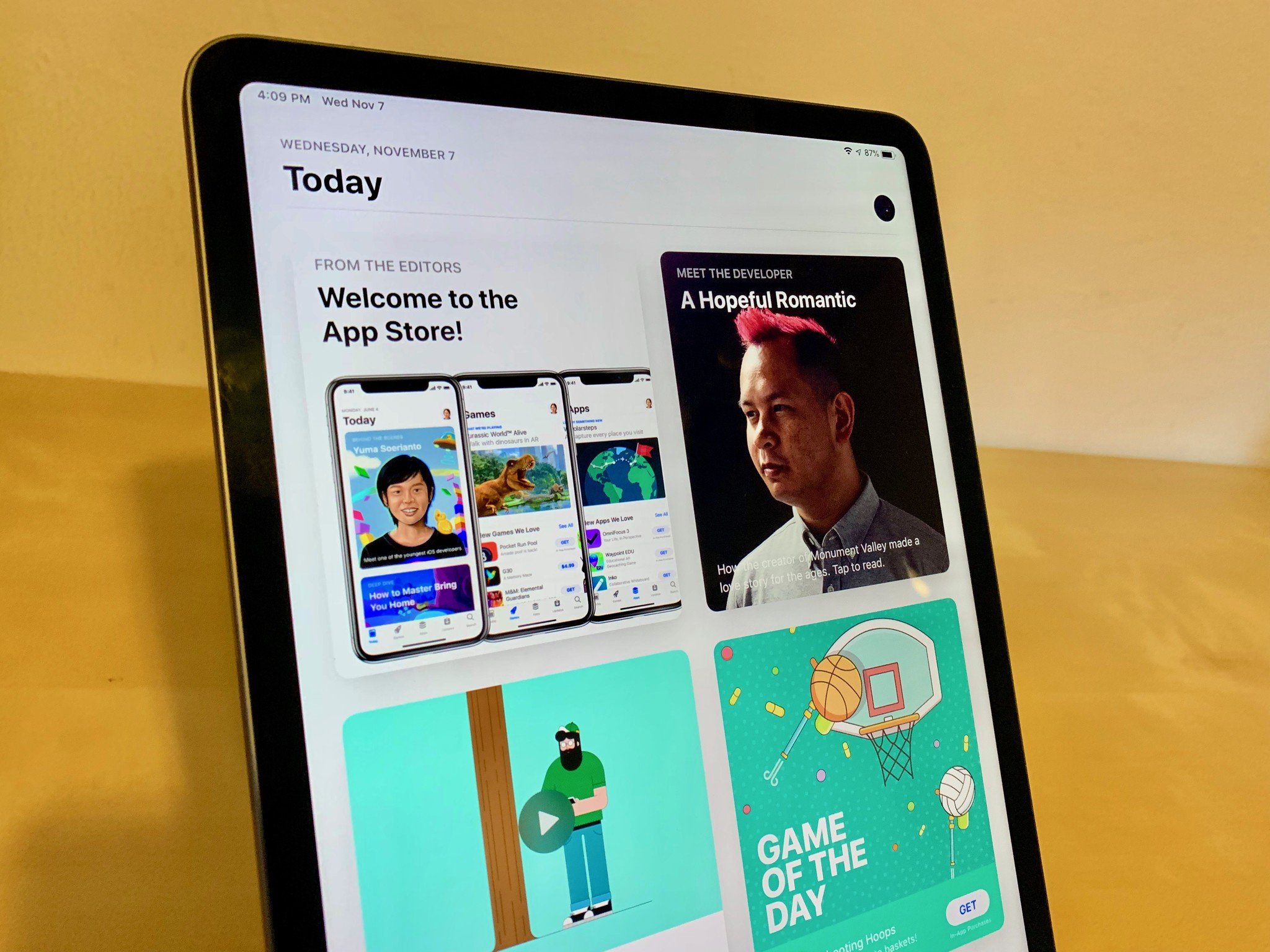Spot checks show the App Store's privacy labels might not be truthful

What you need to know
- Spot checks of the App Store's privacy labels found that far too many aren't telling the truth.
Apple recently added privacy labels to the App Store to force developers to disclose the kinds of data their apps collected and what they used it for. On the face of it, that's pretty great and should give us all more confidence in the apps that we're using. But according to a new report, they might not be worth much.
According to The Washington Post, a number of apps are outright lying to us. A "couple dozen apps" were apparently checked to make sure that the privacy labels were accurate but more than half of them were far from it.
While de-stressing app Satisfying Slime Simulator is one app that turned out to be sharing information with Facebook despite saying it didn't, it was far from the only one.
As I write this column, Apple still has an inaccurate label for Satisfying Slime. And it's not the only deception. When I spot-checked what a couple dozen apps claim about privacy in the App Store, I found more than a dozen that were either misleading or flat-out inaccurate. They included the popular game Match 3D, social network Rumble and even the PBS Kids Video app. (Say it ain't so, Elmo!) Match and Rumble have now both changed their labels, and PBS changed some of how its app communicates with Google.
The issue stems from the fact that developers are left to self-report – and if they lie or are just plain wrong, there's a good chance nobody will notice. And that's less than ideal.
In fact, it's so bad that there's an argument to be made that incorrect labels are worse than not having labels at all. But whether Apple can properly police these things is another matter.
Apple says that it conducts audits, although we don't know how many or how rigorous.
Apple conducts routine and ongoing audits of the information provided and we work with developers to correct any inaccuracies. Apps that fail to disclose privacy information accurately may have future app updates rejected, or in some cases, be removed from the App Store entirely if they don't come into compliance.
iMore offers spot-on advice and guidance from our team of experts, with decades of Apple device experience to lean on. Learn more with iMore!

Oliver Haslam has written about Apple and the wider technology business for more than a decade with bylines on How-To Geek, PC Mag, iDownloadBlog, and many more. He has also been published in print for Macworld, including cover stories. At iMore, Oliver is involved in daily news coverage and, not being short of opinions, has been known to 'explain' those thoughts in more detail, too.
Having grown up using PCs and spending far too much money on graphics card and flashy RAM, Oliver switched to the Mac with a G5 iMac and hasn't looked back. Since then he's seen the growth of the smartphone world, backed by iPhone, and new product categories come and go. Current expertise includes iOS, macOS, streaming services, and pretty much anything that has a battery or plugs into a wall. Oliver also covers mobile gaming for iMore, with Apple Arcade a particular focus. He's been gaming since the Atari 2600 days and still struggles to comprehend the fact he can play console quality titles on his pocket computer.
